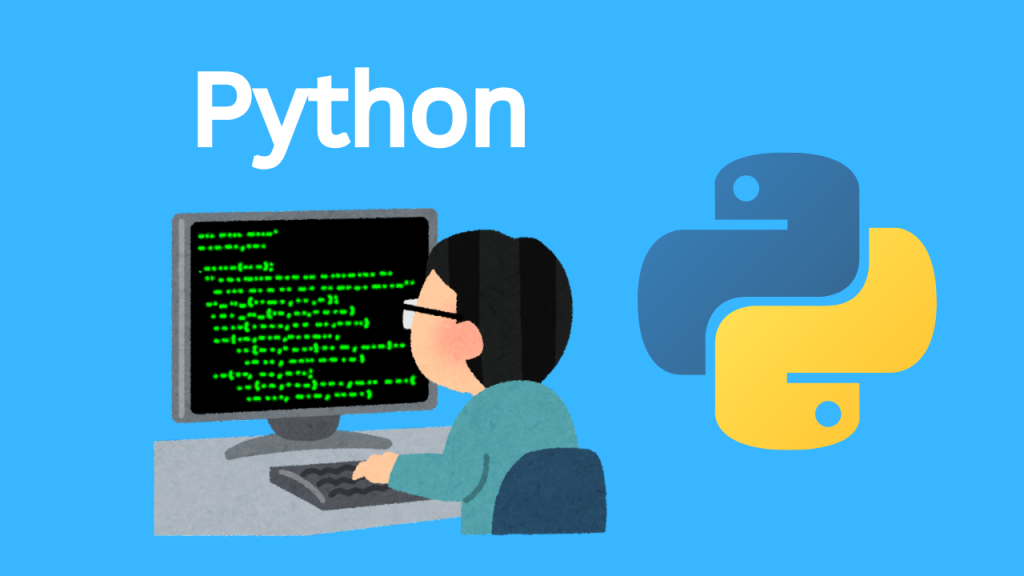
How to Update request.session in Python (FastAPI): Solving Middleware Issues
FastAPI, a modern web framework, offers a highly performant and developer-friendly experience for building APIs. One common challenge that developers face is managing sessions effectively—especially updating request.session within middleware. If you’ve encountered issues where request.session does not seem to change within middleware, this guide will help you understand the problem and implement a proper solution.
Understanding the Basics of Sessions in FastAPI
Sessions in FastAPI are often managed using third-party libraries like starlette.middleware.sessions. The session data is typically stored in cookies or server-side storage, depending on your implementation. Middleware plays a vital role in intercepting and modifying the request and response lifecycle, making it a logical place to update sessions.
Why Can’t You Update request.session Directly in Middleware?
The request.session object in FastAPI (via Starlette) behaves like a dictionary. However, when you modify it in middleware, those changes might not persist. This happens because the session data is tightly coupled with the response process. If middleware does not properly propagate the changes to the response, the session won’t update.
Steps to Properly Update request.session in Middleware
Here’s a step-by-step guide to solving this problem:
1. Install Required Libraries
Ensure you have the necessary dependencies installed:
pip install fastapi uvicorn python-multipart
If you’re using session management:
pip install starlette
2. Set Up Session Middleware
First, integrate the SessionMiddleware into your FastAPI application:
from fastapi import FastAPI
from starlette.middleware.sessions import SessionMiddleware
app = FastAPI()
app.add_middleware(SessionMiddleware, secret_key="your_secret_key")
3. Create Middleware to Update Sessions
You need to ensure that session changes are correctly propagated. Here’s how you can write custom middleware:
from starlette.middleware.base import BaseHTTPMiddleware
from starlette.requests import Request
from starlette.responses import Response
class UpdateSessionMiddleware(BaseHTTPMiddleware):
async def dispatch(self, request: Request, call_next):
# Access the session and modify it
request.session['visit_count'] = request.session.get('visit_count', 0) + 1
# Proceed with the response
response = await call_next(request)
# Ensure the session changes are saved
response.headers['X-Custom-Header'] = "Session Updated"
return response
# Add the custom middleware
app.add_middleware(UpdateSessionMiddleware)
4. Verify the Behavior
Add a simple route to test the session update:
@app.get("/test-session")
async def test_session(request: Request):
visit_count = request.session.get('visit_count', 0)
return {"visit_count": visit_count}
Start your application:
uvicorn app:app --reload
Visit /test-session multiple times and observe how the visit_count increments.
5. Common Pitfalls
- Missing Session Middleware: Ensure
SessionMiddlewareis properly configured before your custom middleware. - Immutable Sessions: Some session backends might not support direct modifications. Always use supported methods to update session data.
- Debugging Middleware Order: Middleware order matters. Ensure your custom middleware executes in the desired sequence.
6. Advanced Example: Using Dependency Injection for Session Updates
If you prefer a dependency-injection approach:
from fastapi import Depends
def update_session(request: Request):
request.session['user_authenticated'] = True
return request
@app.get("/update-session")
async def update_user_session(request: Request = Depends(update_session)):
return {"session_updated": True}
This method keeps your middleware logic cleaner and allows for more modular session updates.
Conclusion
Updating request.session in middleware requires a clear understanding of how FastAPI and Starlette handle session management. By following the steps above and adhering to best practices, you can effectively update session data without issues. Always test your middleware and session interactions thoroughly to ensure reliability in your application.
Frequently Asked Questions (FAQ)
1. Why is my request.session not updating in middleware?
This often happens because the session data is not propagated to the response properly. Ensure you’re using SessionMiddleware and that any modifications to the session are finalized before the response is returned.
2. Can I use other session management libraries with FastAPI?
Yes, you can use other libraries like fastapi-session or custom implementations for managing sessions. However, ensure they are compatible with FastAPI’s asynchronous nature.
3. How do I debug middleware execution order?
Middleware execution order is determined by the sequence in which you add middleware to your application. Use logging or debugging tools to trace the middleware flow.
4. What happens if I modify request.session directly in a route handler?
Modifying request.session directly in a route handler is generally fine as long as SessionMiddleware is properly configured to save the session changes in the response phase.
5. Can I store complex data types in request.session?
It depends on the session backend. For cookie-based sessions, you may need to serialize data (e.g., JSON). For server-side sessions, more complex data types are typically supported.
6. Is there a way to secure session data?
Yes, use a secure secret_key for SessionMiddleware. Additionally, enable HTTPS, use secure cookies, and implement proper session expiration and validation mechanisms.

